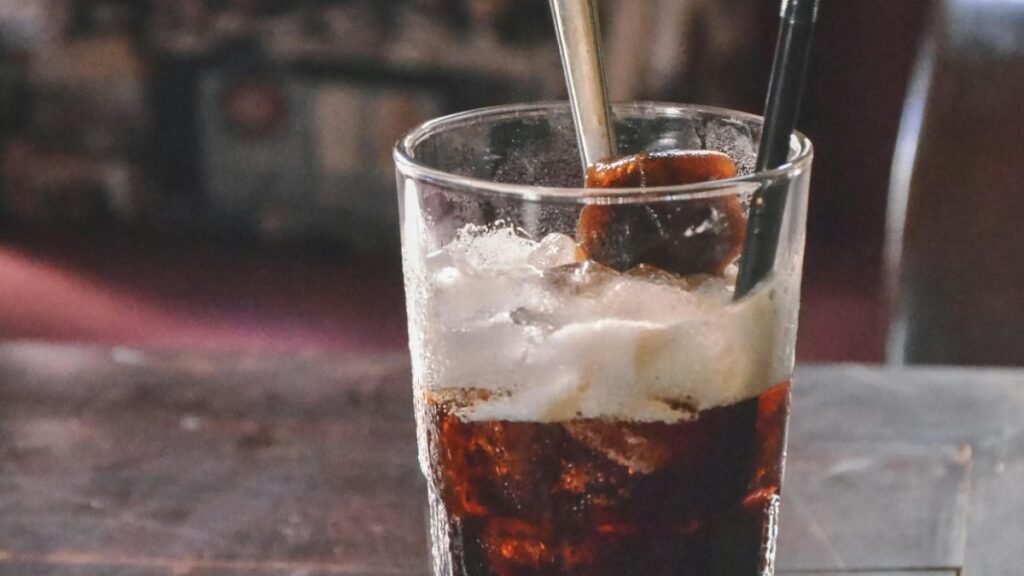Drinking just one can of soda a day whether sugary or diet may significantly increase your risk of developing non-alcoholic fatty liver disease (NAFLD), according to new research presented at the United European Gastroenterology Week in Berlin.
The study, led by Lihe Liu of Soochow University in China, found that consuming sugar-sweetened beverages (SSBs) raised the risk of NAFLD by 50 percent, while low- or non-sugar-sweetened drinks (LNSSBs) increased the risk by a surprising 60 percent. The findings challenge the long-held belief that diet sodas are a healthier alternative to their sugary counterparts.
NAFLD, also known as metabolic dysfunction-associated steatotic liver disease (MASLD), is a condition in which excess fat builds up in the liver of people who drink little to no alcohol. Over time, it can cause liver scarring (cirrhosis) and even liver cancer. The condition has surged by about 50 percent in the United States over the past three decades, now affecting roughly 38 percent of the population.
Researchers analyzed data from nearly 124,000 participants in the UK Biobank who were tracked for more than 10 years. The frequency and type of beverages consumed were recorded through periodic dietary questionnaires.
Interestingly, replacing sugary or diet sodas with water significantly reduced liver disease risk—by 13 percent and 15 percent respectively. However, switching between diet and sugary drinks made no difference, reinforcing that water is the healthiest choice.
Experts say that while diet drinks are low in calories, they may still disrupt metabolism by altering gut bacteria, increasing sweet cravings, and triggering insulin secretion.
“These findings challenge the common perception that these drinks are harmless and highlight the need to reconsider their role in diet and liver health,” Liu said.
Simply put, staying hydrated with water remains the most effective way to protect liver health and support overall metabolic function.

